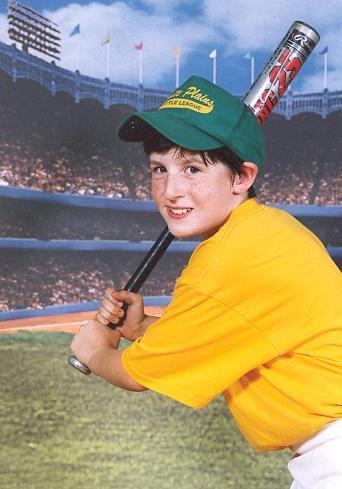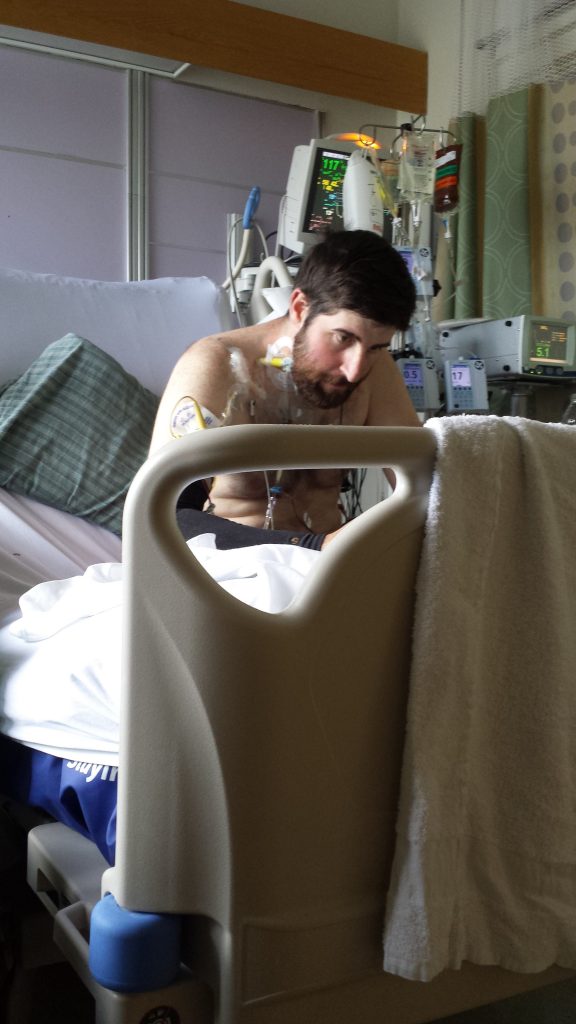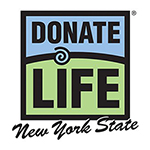
Growing up in White Plains, NY, Ken Frawley was a talented baseball player. He started with Little League, went on to pitch for White Plains High School, and then for St. Thomas Aquinas College, where he set the school’s record for appearances in a single season. Ken was also a talented student, graduating in 2014 with an MBA in accounting, excited to start his career as an Accountant for PepsiCo. He played ball for the Black Sox, part of the Hudson Valley National Adult Baseball Association.
Eight months later, during a game, everything changed. In the middle of the field, Ken experienced a fatal arrhythmia. His left ventricle had enlarged and the muscle wall was weakened, leaving his heart in a dangerously ineffective state. His doctors told him he should have been dead. Within a month, Ken received a defibrillator and began working with his doctors to improve his hearts’ function. Things began to get better and Ken started to feel healthy again.
In May, 2016, Ken caught a bad head cold. Even after his other symptoms resolved, Ken continued having difficulty breathing. He had to stop to catch his breath just walking from his office to his car a few hundred feet away. An echocardiogram showed that his heart had weakened and his body could no longer compensate for the lack of blood flow. Ken wanted to keep playing baseball, but became physically unable to do so. He was crushed, and felt like let down his family, friends and teammates.
It’s an impossibly hard thing, at 26 years old, to know deep down that you’re dying and trying to stay positive in front of everyone. It’s a very lonely feeling to go down that road the way I tried to.

In July, 2016 Ken was admitted to the hospital and received a PICC line to help relax his blood vessels. It made breathing a little easier, but he was still often short of breath. When he was released from the hospital two weeks later, his doctors told him he couldn’t drive due to the high risk of another arrhythmia. He already lost his ability to play ball, and then his ability to drive.
Ken’s doctors told him he needed a new heart to survive. He was placed on the transplant waitlist and was told by his medical team they were hoping for a heart in 3 to 6 months, but New York often had long wait times for donated organs. Because of this, Ken decided to seek a transplant outside the state in order to improve his chances of receiving a new heart. He was evaluated at Newark Beth Israel, where doctors told him was told that he was too sick to go home and needed to be admitted.
That was one of the scariest moments of my life – a heart transplant was something we always had just talked about and now it was a reality. I was going to be stuck in a hospital until I got one. I still remember crying myself to sleep every night after my family and loved ones would go home. Little did I know that in just nine days, I would be told that there was a heart and it was going to be mine. That was the best night of sleep I got during the entire experience.”
On August 20, 2016, at 2:30 pm, Ken went into surgery to receive his new heart. Five hours later, the doctor rushed in to the waiting room and told the family the most wonderful words they could hear, “The heart is in, we just gave it a test trickle and it started right up.”

Ken began his journey to recovery. He was released from the hospital only nine days later. At five and a half weeks post-transplant, he was back on a baseball field doing what he loves. Ken said that he tells his story, not only for himself, but for the “transplant friends” he made and lost along the way.
I’ve been immensely lucky to have lived the life that I have lived and to receive the second chance that I have. I’ve met some of the greatest people who share this journey with me, and for that I’m grateful. I’ve also lost two very close friends, Bob Schleicher and Jessi-Ann Betcher, and I miss them both dearly. I swore when they passed that I would continue this journey for them. I will continue to share my story whenever possible until New York gains more awareness for organ donation.
